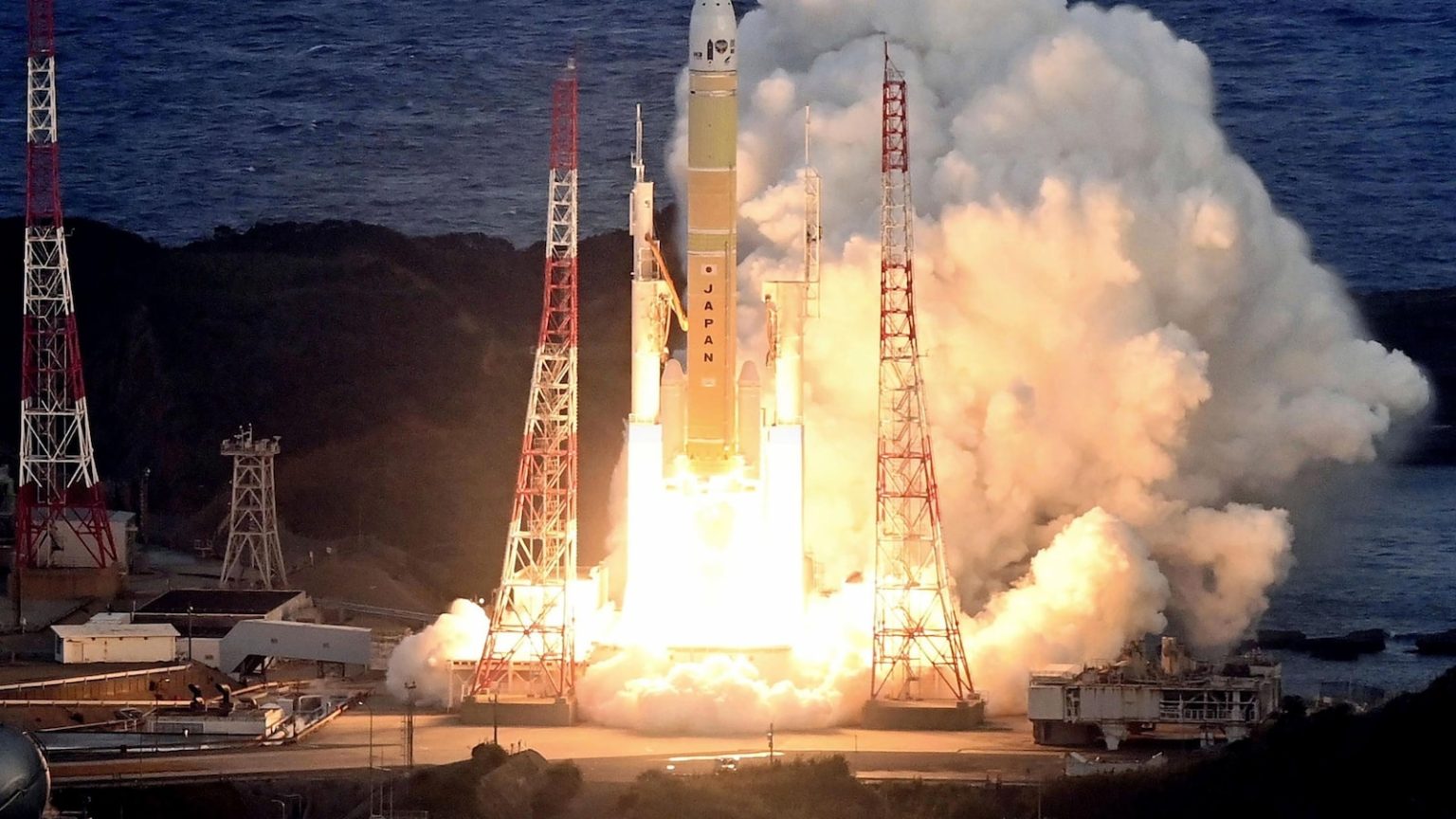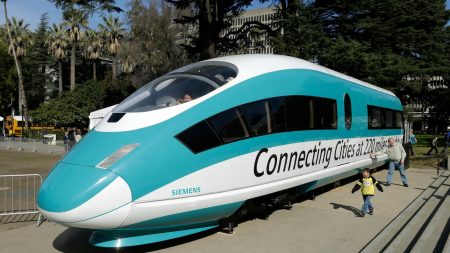Japan Successfully Launches Navigation Satellite on H3 Rocket
Japan took a significant leap forward in its space program on Sunday with the successful launch of a navigation satellite aboard its new flagship H3 rocket. The H3 rocket, developed by Mitsubishi Heavy Industries, carried the Michibiki 6 satellite into space from the Tanegashima Space Center, located on a southwestern Japanese island. The mission represents a crucial milestone for Japan as it seeks to establish a more precise and independent location positioning system. According to Makoto Arita, the H3 project manager for the Japan Aerospace Exploration Agency (JAXA), the launch proceeded smoothly, with the satellite successfully separating from the rocket about 29 minutes after liftoff. The satellite is expected to reach its targeted geospatial orbit within two weeks, marking the latest addition to Japan’s growing network of navigation satellites.
Expanding Japan’s Navigation Capabilities
The Michibiki 6 satellite is the fifth addition to Japan’s quasi-zenith satellite system (QZSS), a regional navigation network that began operations in 2018. Currently, the QZSS consists of four satellites that work in tandem with the U.S. GPS system to provide enhanced positioning data for various applications, including smartphones, car navigation, maritime operations, and drones. The integration of Michibiki 6 into this network is expected to further improve the accuracy and reliability of these services, offering users more precise location data. Japan plans to expand its QZSS further by launching two additional satellites, aiming to establish a seven-satellite system by March 2026. This expanded network will enable Japan to achieve more precise global positioning capabilities, reducing its reliance on foreign navigation systems such as the U.S. GPS.
Long-Term Vision for Space Independence
Japan’s efforts to develop an independent navigation system are part of a broader strategy to enhance its space program and reduce dependence on foreign technologies. By the late 2030s, the country aims to establish an 11-satellite network, significantly improving its ability to provide precise positioning data both domestically and internationally. This ambitious plan underscores Japan’s commitment to advancing its space capabilities, not only for navigation but also for national security and commercial interests. Prime Minister Shigeru Ishiba highlighted the importance of this mission, pledging that the government will work to maximize the utilization of the navigation satellite system. He emphasized the goal of ensuring that more people can access precise positioning data seamlessly.
The H3 Rocket: A Key to Japan’s Space Ambitions
The successful launch of the Michibiki 6 satellite also marks a turning point for the H3 rocket program. The H3 rocket, developed as the successor to Japan’s reliable H2A series, experienced a challenging debut last year when it failed during its initial launch attempt. However, Sunday’s mission was the fourth consecutive successful flight for the H3 system, demonstrating its potential as a commercially competitive and reliable launch vehicle. The rocket’s success is critical to Japan’s space program, as it seeks to strengthen its position in the global satellite launch market. Japan is also developing a smaller rocket, the Epsilon, as part of its efforts to cater to diverse customer needs and establish itself as a key player in space transportation.
Enhanced Capabilities for a Growing Market
The successful launch of the H3 rocket and the Michibiki 6 satellite highlights Japan’s determination to enhance its space capabilities and secure a competitive edge in the rapidly growing satellite launch market. By developing advanced rockets and expanding its navigation satellite network, Japan is positioning itself to meet the increasing demand for precise location services and reliable space transportation. The country’s focus on innovation and technological advancement is not only a step toward achieving its national security and economic goals but also a contribution to the global space industry. As Japan continues to push the boundaries of its space program, it is expected to play an increasingly important role in shaping the future of space exploration and utilization.
Conclusion: A Bright Future for Japan’s Space Program
Sunday’s successful launch of the H3 rocket and the Michibiki 6 satellite is a testament to Japan’s commitment to advancing its space program and achieving greater independence in navigation and space transportation. With plans to expand its satellite network and develop cutting-edge rocket technology, Japan is well on its way to establishing itself as a leader in the global space industry. The government’s support and the dedication of researchers and engineers at JAXA and Mitsubishi Heavy Industries will be instrumental in realizing these ambitious goals. As Japan continues to make strides in space exploration and innovation, it is poised to play a pivotal role in shaping the future of space technology for years to come.















